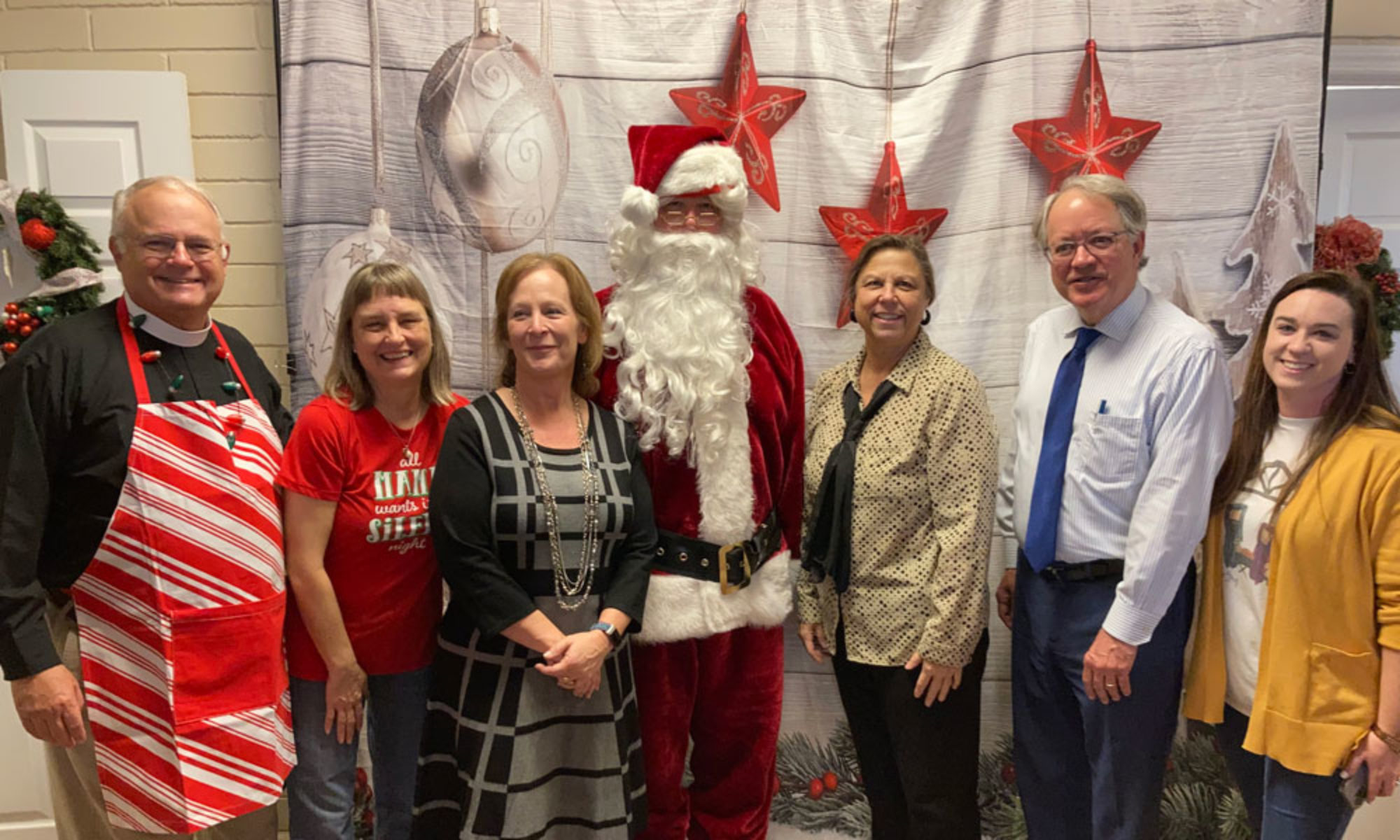November 29, 2016 – Our keynote speaker this week was Dave McNeil (“McNeil”). McNeil is a retired Colonel with the United states Army and the owner of Hanna Solar Government Services (“HSGS”), which is a veteran owned solar installer. HSGS helps the federal government, businesses, and home owners reduce their energy costs using solar panels.
McNeil discussed and explained the fundamentals of solar PV, the types of solar power systems, the cost of solar power, the South Carolina Act 236, and the benefits of investing in solar power.
There are three types of solar power systems. Ninety-eight percent (98%) of solar power systems are grid tied, utility interactive, for which the primary focus is power cost reduction. One downside to this type of system is that there is no back if the utility power is out. Another type of system is off grid (no utility connection), which is primarily used for remote sites and is battery based. There is also a hybrid solar power system, which is grid tied and utility interactive with battery backup.
McNeil shared stories and photos of the various types of solar system mounting. Specifically, he discussed the ballasted roof mounted systems installed by HSGS at the Star Gospel Mission and the Target in North Charleston. HSGS installed a standing seam mounted system located at GEL Group here in Charleston and a penetrating roof mounted system at the Reserve Center in Denton, Texas. HSGS has also installed ground mounted systems in Fort Allen (Puerto Rico) and the Tucson International Airport in Arizona. McNeil shared photos of the parking canopy mounted systems at Joint Base Pearl Harbor and Camp Lejeune (North Carolina). These systems were interesting, as they provided additional benefits, such as covered parking for surface lots or roof parking as well as reduced maintenance costs.
McNeil explained that as the installed cost of solar power systems declines, the cost of electricity from the grid increase, making solar power more cost competitive with the energy from the utility companies. Specifically, from 2008 to 2015, SCE&G increased electric rates by thirty-five percent (35%). Moreover, an additional rate increase of three percent (3.06%) is planned by SCE&G for 2016 or 2017.
The South Carolina Act 236 (Distributed Energy Resource Program Act) (the “Act”) was signed into law in June 2014. The Act set goals for solar to be interconnected with SCE&G and utility plans were approved by the Public Service Commission in the summer of 2015 and announced in October 2015. Pursuant to the Act, residential solar power systems owners receive a credit for the full retail value of solar energy production against their SCE&G bill. Whereas commercial customers receive a credit from SCE&G based on pre-determined rates.
Typically, a residential customer can expect to breakeven in about 8.2 years and will save approximately $30,000 in 25 years, which includes federal and state tax credits.
A small commercial customer can to breakeven in 3.2 years (including depreciation) and expect a total savings of approximately $270,000 in 25 years. A large commercial customer can to breakeven in 2.8 years (including depreciation) and expect a total savings of approximately $4,362,684 in 25 years.
McNeil stated that the various benefits derived from investing in solar power. Solar power systems reduce energy costs and hedge against rising electric rates. For commercial customers, up to sixty-one percent (61%) of the cost of the system is recovered in tax incentives. Solar modules are warrantied for twenty-five (25) years and have a life expectancy of forty (40) or more years. In addition, the system are solid state electronics with no moving parts and require very little maintenance.
McNeil explained that the recent decrease in cost of solar power coupled with the SCE&G incentives set to expire once the utility company meets its solar goals under the Act makes now the right time to install a solar power system.
— Abe Gutting, Keyway Committee


